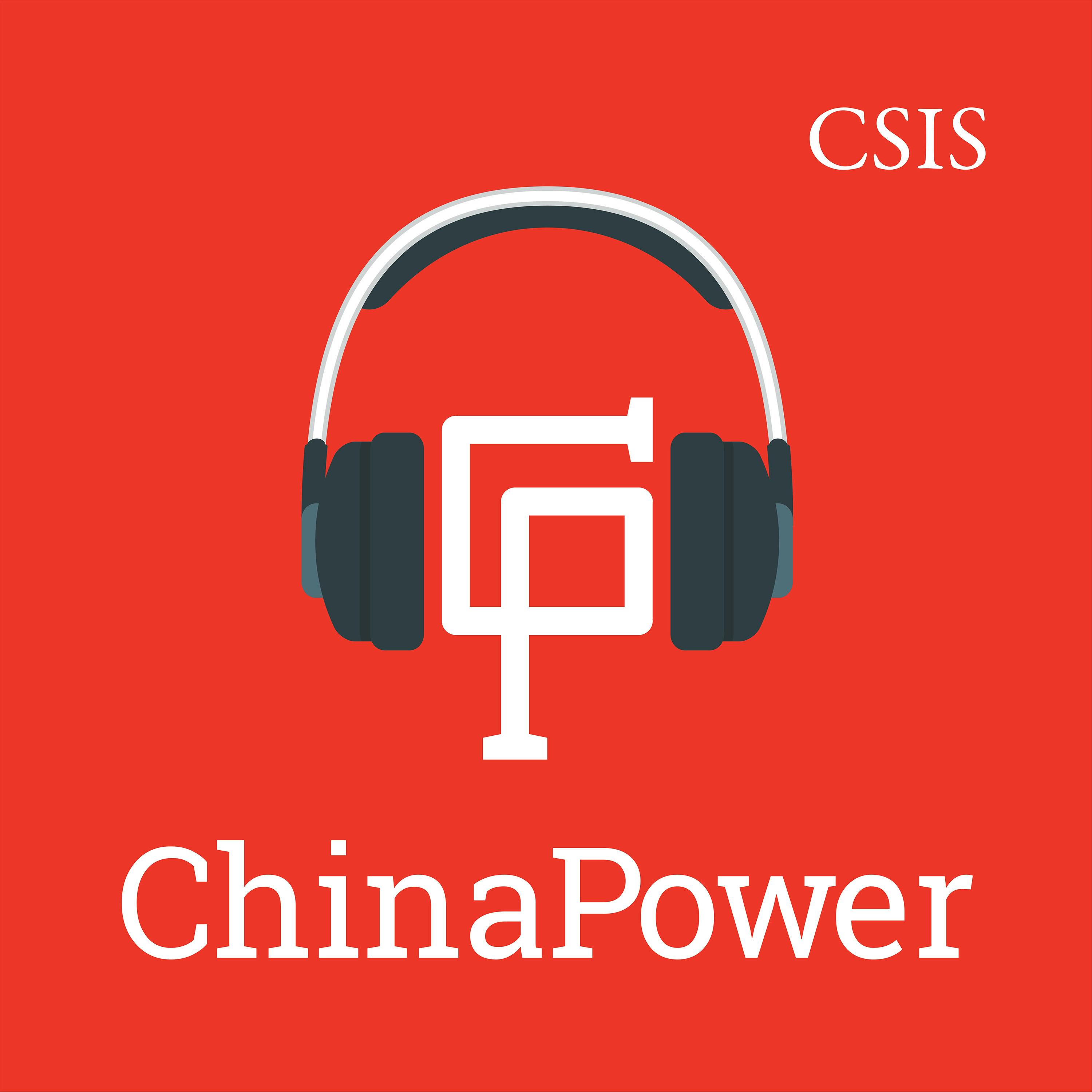
The Case for a Pacific Defense Pact: A Conversation with Dr. Ely Ratner

ChinaPower
Deep Dive
- China's rapid military modernization and ambition to refashion the international order
- The need to maintain stability and deterrence in the Indo-Pacific
- Proposal for a defense pact involving the US, Australia, the Philippines, and Japan
Shownotes Transcript
In this episode of the ChinaPower Podcast, Dr. Ely Ratner joins us to discuss the case for a defense pact in the Indo-Pacific. Dr. Ratner starts by laying out his argument of why he thinks now is the right time for this type of agreement, discussing that the pact may serve to help maintain stability and deterrence in the region amidst China’s aggressive ambitions to reshape the global order. Dr. Ratner discusses the four countries, U.S., Japan, Australia, and the Philippines, that he believes the pact will include to start with and what their responsibilities will be within the pact. He shares that he envisions one of the main features of this partnership to be greater military integration among its members and to serve as a framework to garner the collective power of US allies and partners through a multilateral collective security agreement. Dr. Ratner discusses the viability of the pact and the reasons he thinks there are more opportunities for the pact to be successful now than there was in the past, including greater strategic alignment among the four partner countries, increased intra-Asian cooperation, and the growing reciprocity in U.S. alliances themselves. Dr. Ratner also considers how these different countries may respond to the idea of this pact, especially considering China may react badly to it. He underscores that Beijing is likely to behave badly regardless of this pact and states countries should not turn away from it because of Beijing. Finally, Dr. Ratner underscores how this pact would not require the U.S. to extend new commitments abroad and describes the continuing will and desire he sees from the Trump Administration to continue cooperation and strengthening of alliances in the region.
Dr. Ely Ratner is a Principal at The Marathon Initiative, a bipartisan think tank dedicated to preparing the United States for an era of sustained great power competition. He served as the Assistant Secretary of Defense for Indo-Pacific Security Affairs from 2021-2025. Prior to confirmation, he was the Director of the DoD China Task Force and a Senior Advisor to China to the Secretary of Defense. Before arriving at the Department of Defense, Dr. Ratner was the Executive Vice President and Director of Studies at the Center for a New American Security (CNAS), where he was a member of the executive team and responsible for managing the Center’s research agenda and staff. Dr. Ratner served from 2015 to 2017 as the Deputy National Security advisor to Vice President Joe Biden, and from 2011 to 2012 in the office of Chinese and Mongolian affairs at the State Department. He earned his Ph.D. in Political Science from the University of California, Berkeley.